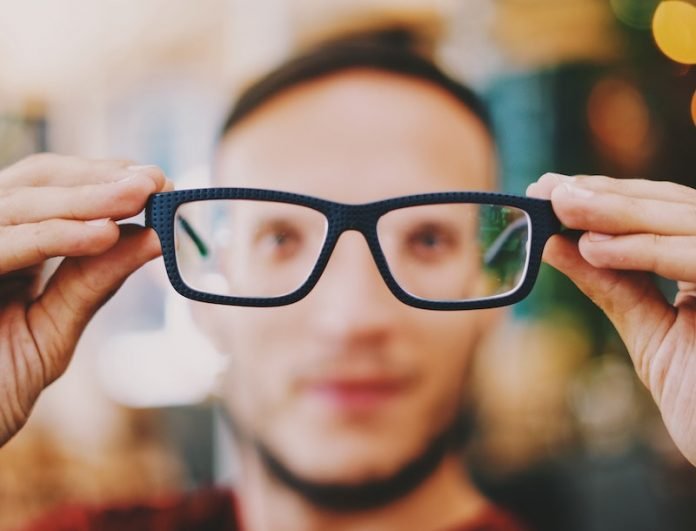
In a new study from Johns Hopkins University, researchers found worse visual acuity, contrast sensitivity, and stereo acuity impairment are linked to an increased risk for cognitive decline in older people.
They examined the link between vision and cognition across multiple cognitive domains using several measures of vision.
The analysis included 1,202 older participants in the Baltimore Longitudinal Study of Aging. The mean follow-up time was 6.9 years.
The researchers found that worse visual acuity was associated with greater declines in language and memory scores.
There were greater declines in language, memory, attention, and visuospatial ability domain scores associated with worse contrast sensitivity.
Additionally, declines on tests of language and memory were much greater for participants with impaired stereo acuity during the study period.
These results add further evidence to the links between vision and eye health with healthy brain aging.
They highlight the need for research into the impact of vision and eye health interventions on cognitive outcomes.
The study is published in JAMA Network Open. One author of the study is Varshini Varadaraj, M.D.
Copyright © 2021 Knowridge Science Report. All rights reserved.



